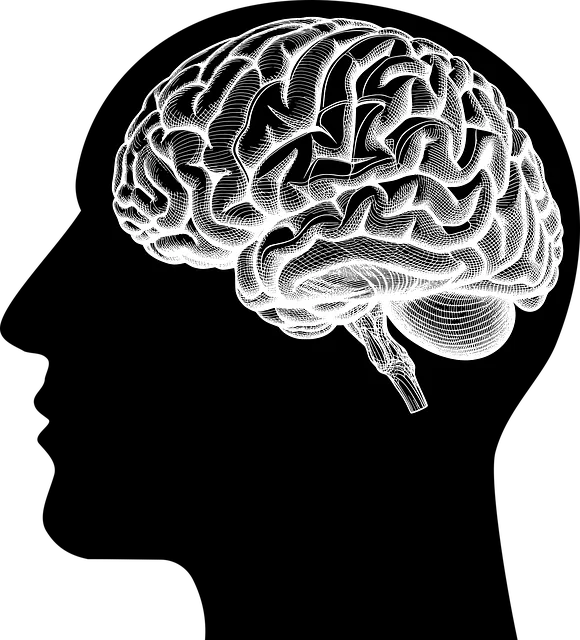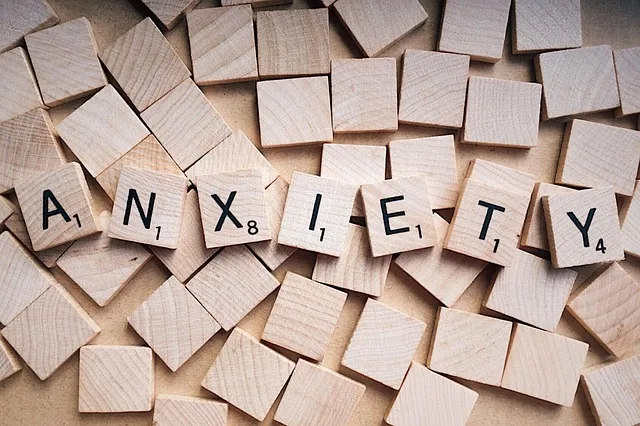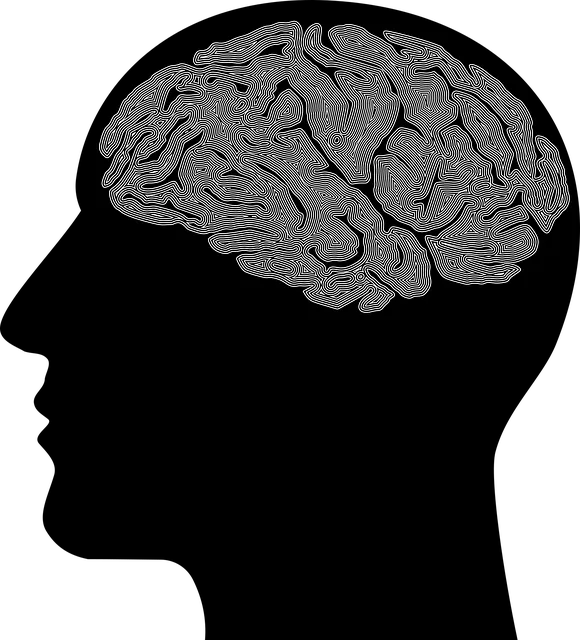Kaiser Permanente mental health services in Littleton prioritize cultural sensitivity to overcome challenges and harness opportunities presented by community diversity. By recognizing unique cultural beliefs and practices, they tailor interventions for better patient-provider relationships, improved access to care, and enhanced treatment outcomes. This commitment fosters an inclusive environment that supports holistic mental wellness for all, exemplified through specialized programs, training, and burnout prevention strategies, ultimately revolutionizing mental healthcare accessibility in the community.
Cultural sensitivity is a cornerstone of modern mental healthcare, especially within integrated health systems like Kaiser Permanente. This article explores how understanding cultural diversity shapes effective therapy and patient outcomes at Kaiser Permanente Mental Health Littleton. We delve into the impact of cultural sensitivity, highlighting practices that foster inclusive care while acknowledging challenges faced. By examining these aspects, we aim to illuminate strategies for enhancing mental health services for a diverse patient population.
- Understanding Cultural Diversity and Its Impact on Mental Health Care
- The Role of Cultural Sensitivity in Effective Therapy
- Incorporating Diverse Practices at Kaiser Permanente Mental Health Littleton
- Benefits and Challenges: Enhancing Patient Outcomes Through Cultural Awareness
Understanding Cultural Diversity and Its Impact on Mental Health Care

Cultural diversity enriches communities, but it also presents unique challenges in mental healthcare. In the context of Kaiser Permanente mental health services in Littleton, recognizing and understanding diverse cultural backgrounds is paramount. Every community has its own set of beliefs, values, and practices that influence how individuals perceive and seek help for mental wellness issues. For instance, some cultures may prioritize collective over individual experiences, affecting how they express and understand concepts like stress management and emotional intelligence.
When providing care, it’s crucial to adapt approaches based on these cultural nuances. Incorporating culturally sensitive practices can enhance patient-provider relationships, improve access to services, and ultimately lead to more effective outcomes. By embracing diversity and tailoring interventions, Kaiser Permanente mental health professionals in Littleton can better serve their community, fostering an environment that supports emotional intelligence and promotes holistic mental wellness for all.
The Role of Cultural Sensitivity in Effective Therapy

Cultural sensitivity is a cornerstone in effective therapy, especially when addressing mental health concerns within diverse communities, as highlighted by Kaiser Permanente mental health Littleton’s commitment to inclusive care. It involves understanding and appreciating the unique cultural beliefs, values, and practices of individuals and families from various backgrounds. This approach ensures that therapeutic interventions are tailored to meet specific cultural needs, fostering trust and encouraging open communication.
By incorporating cultural sensitivity, healthcare providers can significantly reduce barriers to access and improve patient outcomes. It helps in recognizing and addressing cultural factors that may influence mental health expressions and symptoms. Moreover, it enables professionals to provide compassionate care, considering the impact of systemic issues like discrimination or limited access to resources, which are often prevalent in burnout prevention strategies for healthcare providers. This tailored approach not only enhances therapeutic effectiveness but also contributes to positive mental wellness outcomes as showcased by the Mental Wellness Podcast Series Production’s exploration of diverse cultural perspectives on mental health and well-being, aligning with Mind Over Matter principles.
Incorporating Diverse Practices at Kaiser Permanente Mental Health Littleton

At Kaiser Permanente Mental Health Littleton, recognizing and incorporating diverse cultural practices is a cornerstone of their comprehensive approach to patient care. In an era where mental healthcare accessibility and cultural sensitivity are paramount, this organization strives to create an inclusive environment that respects and embraces the unique backgrounds and beliefs of every individual seeking support. By integrating culturally responsive interventions and therapies, they aim to enhance the effectiveness of treatment, ensuring that mental wellness becomes attainable for all, regardless of their ethnic or cultural identity.
This commitment is evident through various initiatives, including specialized programs tailored to address specific cultural needs and the implementation of burnout prevention strategies for healthcare providers. Regular Healthcare Provider Cultural Competency Training sessions equip staff with the knowledge and skills to navigate complex cultural dynamics, fostering a safe and supportive atmosphere. Such efforts not only contribute to improved patient outcomes but also encourage a positive work environment, reducing potential stress and burnout among mental health professionals.
Benefits and Challenges: Enhancing Patient Outcomes Through Cultural Awareness

Cultural sensitivity plays a pivotal role in enhancing patient outcomes within mental healthcare practices, as evidenced by organizations like Kaiser Permanente mental health Littleton. By prioritizing cultural awareness, healthcare providers can create an environment that fosters emotional healing processes and addresses unique challenges faced by diverse patient populations. This approach significantly reduces potential barriers to care, ensuring that each individual receives tailored support.
One of the key benefits is improved engagement and satisfaction among patients from various cultural backgrounds. When mental health professionals demonstrate a deep understanding of their patients’ cultural identities, it builds trust and strengthens therapeutic alliances. Moreover, this cultural sensitivity enables healthcare providers to implement effective treatment plans that align with the patient’s values, beliefs, and traditions, ultimately promoting better adherence and outcomes. However, navigating these emotional healing processes is not without challenges. Burnout prevention strategies for healthcare providers are essential to sustain cultural sensitivity over time, especially in diverse and complex clinical settings.
Cultural sensitivity is a cornerstone of effective mental healthcare, as evidenced by successful initiatives like those practiced at Kaiser Permanente Mental Health Littleton. By understanding and incorporating diverse cultural practices, mental health professionals can significantly enhance patient outcomes, fostering an inclusive environment that respects and values each individual’s unique background. This approach not only benefits patients but also enriches the therapeutic process, ensuring every person receives the compassionate, culturally competent care they deserve.






